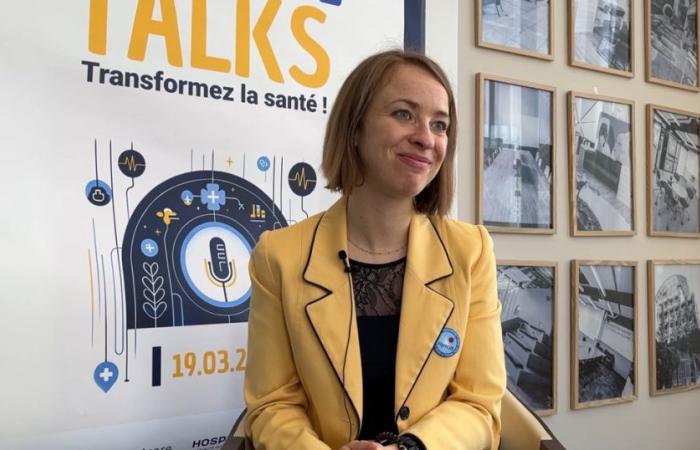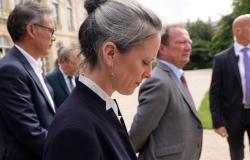
Pauline Oustric’s life was turned upside down in 2020. While she was finishing her thesis in Leeds, the 27-year-old suffered from Covid. But unlike most patients, symptoms last. It’s been 4 years now. Pauline Oustric has long Covid, that is to say, according to the WHO (World Health Organization), a condition which generally appears within 3 months following the initial infection and which is characterized by symptoms persisting for least two months. Two million people would be affected in France, with different impacts on their lives.
A therapeutic arrangement for work
“I don’t see any improvement. I get better then I relapse. As soon as I do more physical or cognitive activity than usual, my symptoms increase: dizziness, digestive problems, vagal discomfort… So I try not to put myself in the red,” explains the young woman. Since April 2024, Pauline Oustric has benefited from a therapeutic arrangement and works at 80%, teleworking every other day, she no longer does sport, she can walk except when the slope is too steep…
« I adapted to my new life. And then I have the chance to work, many patients affected by long Covid have had to stop. Those around me also help me a lot: family, friends, colleagues, that counts,” she explains. At present, there is no treatment. “The problem with long Covid is that there is not a single explanation for all the symptoms so there cannot be just one treatment. It will surely be necessary to have combined treatments to resolve the different causes. It’s long and complicated,” says Pauline Oustric.
Creation of a patients association
At the start of her illness, Pauline Oustric recounted what she was experiencing on social networks, she then realized that she was not alone. And she decided to co-found a patients association #AfterJ20 Long Covid France (1). “I wanted to give meaning to my illness and not to have been ill for nothing. I feel useful. I advance patient care and research. I try to make things happen,” she explains. The association, born in 2020, has nearly 2,300 members and 45 volunteers, around thirty of whom are very active.
Its objective is to help patients, support them and represent them. “Research is one of our pillars. We have contributed to the financing of certain clinical trials for which we are awaiting results. There is a lot of advocacy to encourage researchers to involve patients in their research. They are the ones who have the knowledge of the symptoms, of the disease. Without them, we can do research that does not meet the needs of patients,” explains the young researcher.
His illness made him change the way he worked. “ My life as a patient has nourished my profession as a researcher in the primary prevention of cancers and has positively changed it. I discovered the role of patients in research, their involvement. I can no longer imagine research without them. I don’t have the impression of wearing two hats, the two projects go in the same direction: improving health in France,” concludes Pauline Oustric.





